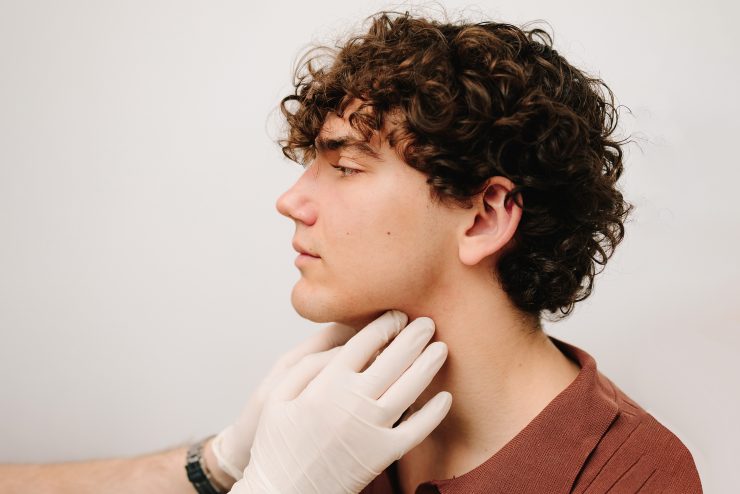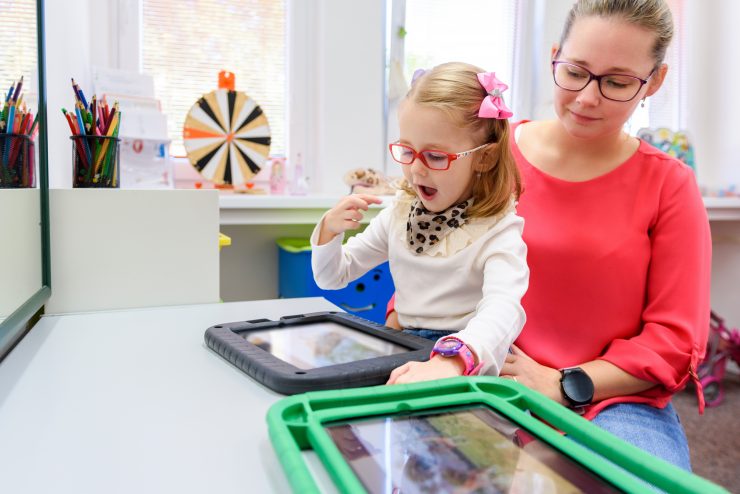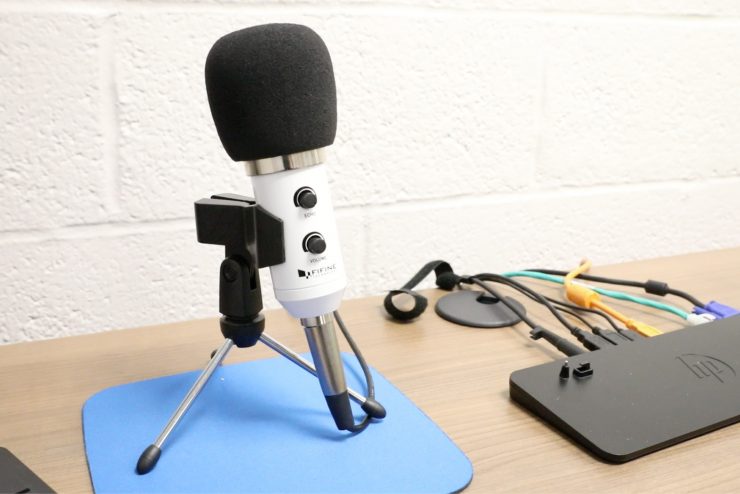Laboratories for Communication Sciences and Disorders
CSD students are encouraged to participate in our research projects.
Our Labs
The Department of Communication Sciences and Disorders, housed within the Ruth S. Ammon College of Education and Health Sciences, plans to relocate all its various laboratories to Linen Hall in the coming year.
Voice and Quality of Life Laboratory (VQLL)
Led by Steven Cox, PhD, the VQLL seeks to investigate clinically based research questions focused on the human voice and how voice disorders can impact individuals’ physical, psychological, and social functioning. Particular emphasis is placed on individuals who undergo treatment for head and neck cancer. For example, individuals who have their voice box removed due to cancer often require an alternate method of speaking (e.g., ‘alaryngeal’ voice and speech). As a result, they can experience numerous changes in physical, psychological and social functioning. The VQLL focuses on the role of speech-language pathology and inter-professional intervention toward improving the quality of life for individuals with voice disorders, including laryngectomees.
Augmentative/Alternative Communication (AAC)
Led by Cindy Arroyo, DA, the AAC Lab provides evaluations/consultations for individuals with severe communication impairments, as well as opportunities for teaching and research in the use of technology for individuals with severe communication impairments.
Speech Science Lab
Originally established by emeritus professor Dr. Lawrence Raphael, the Speech Science Lab is now under the guidance of Laura L. Koenig, PhD. Equipped with specialized hardware and software, our lab offers advanced tools for assessing speech acoustics, aerodynamics (oral airflow), and articulatory contacts (electropalatography). Dr. Koenig has spearheaded efforts to expand and modernize our equipment, including the recent acquisition of state-of-the-art tools such as equipment to measure air pressures during speech, a portable digital audio recorder for high-quality off-site recordings, and a wireless microphone system—particularly beneficial for capturing the natural movements of young children during recordings.


